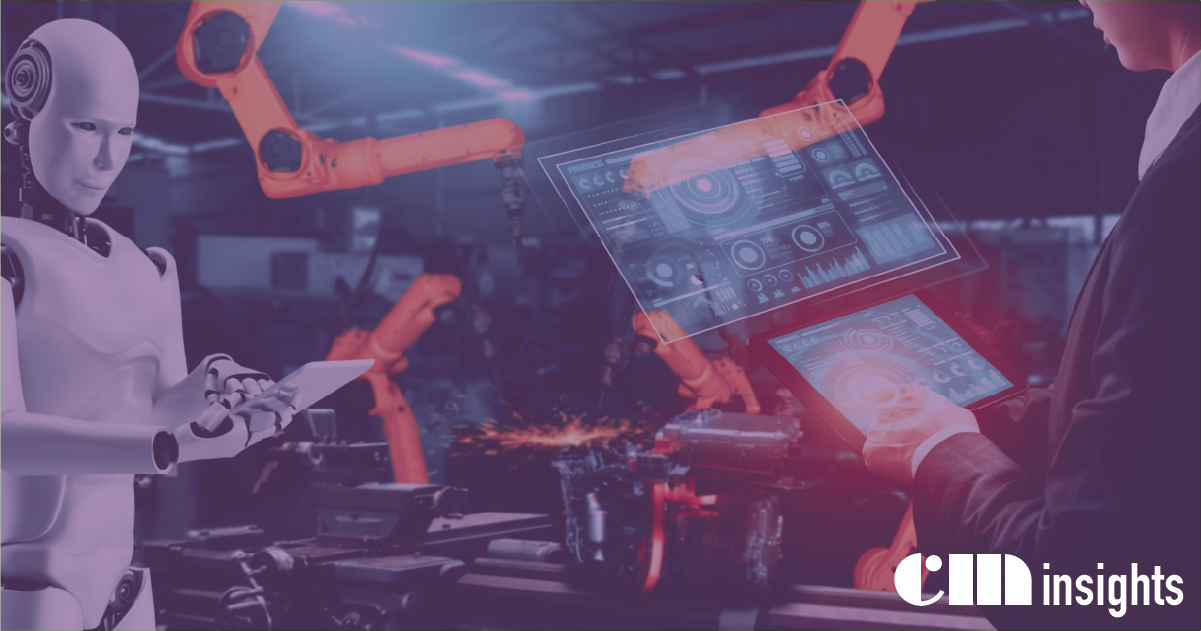In the bustling corridors of the modern workplace, the age-old adage "There is no 'I' in team" resonates as a call to arms for collective effort and collaboration. This phrase has long emphasized the importance of working together harmoniously to achieve common goals, stressing that individual egos must be set aside for the greater good. However, as we stand on the brink of a technological renaissance, a new letter is making its way into the team lexicon—and it’s not an "I," but rather "AI." Artificial Intelligence is becoming an integral part of teams, and it is reshaping how we define and achieve teamwork in unprecedented ways.
The Emergence of AI in Team Dynamics
The integration of AI into teams is not just a futuristic fantasy—it's happening now, transforming the very fabric of how teams operate. AI technologies are taking on roles that range from mundane to complex, acting as powerful assistants that can enhance human capabilities in decision-making, problem-solving, and creative thinking. They are equipped to process vast amounts of data at lightning speed, identify patterns, and deliver insights that would be impossible for humans to achieve alone.
Enhancing Collaboration and Efficiency
Artificial Intelligence can streamline team processes by automating routine tasks, which allows human team members to focus on higher-level functions that require creativity, empathy, and critical thinking. For instance, AI can handle data analysis and reporting in a financial team or automate scheduling and prioritization in a project management setting. This doesn't just free up human time; it redefines human roles, enabling us to tackle more meaningful and strategic work.
Moreover, AI fosters better collaboration by acting as an unbiased mediator that can harmonize team dynamics. For instance, AI-driven platforms can offer real-time feedback on team interactions, helping identify communication bottlenecks or areas for improvement. This contributes to creating a more transparent and inclusive team atmosphere where each member’s input is valued and optimized.
Elevating Human Potential
The presence of AI in teams does not diminish the value of human contribution—in fact, it elevates it. AI tools can augment human abilities by providing enhanced cognitive support. For example, in a creative setting, AI-driven algorithms can suggest novel ideas or variations that humans might not have considered, thus pushing the boundaries of innovation. In healthcare settings, AI can analyze patient data to assist doctors in diagnosing and developing treatment plans with greater precision.
AI’s capacity for continuous learning also supports ongoing team development. As AI systems learn from vast datasets, they can offer insights into better practices and new strategies, supporting teams' evolution and adaptability in a rapidly changing world.
Addressing Challenges and Embracing Ethical Considerations
Despite its potential, the integration of AI into teams poses its own challenges. Concerns about job displacement, data privacy, and ethical use of AI technologies are valid and must be addressed. Teams need to ensure that AI is used responsibly, transparently, and inclusively. Developing clear guidelines and frameworks for AI implementation ensures it acts as a partner rather than a replacement for human effort.
Furthermore, fostering a culture of digital literacy and continuous learning within teams is crucial. As AI tools evolve, so must the skills and understanding of human team members. Encouraging ongoing education and openness to AI’s capabilities will help teams harness these technologies constructively.
Conclusion: The Future of Teamwork Includes AI
In this transformative era, "There is no 'I' in team" must evolve to acknowledge that there is indeed an "AI" in team. Artificial Intelligence is not diminishing human roles but redefining them, turning teams into more dynamic, efficient, and innovative entities. By embracing AI’s potential and addressing its challenges thoughtfully, teams can unlock new levels of collaboration and success. As the workplace continues to evolve, it’s clear: the teams of tomorrow will not only include AI—they will thrive because of it.


